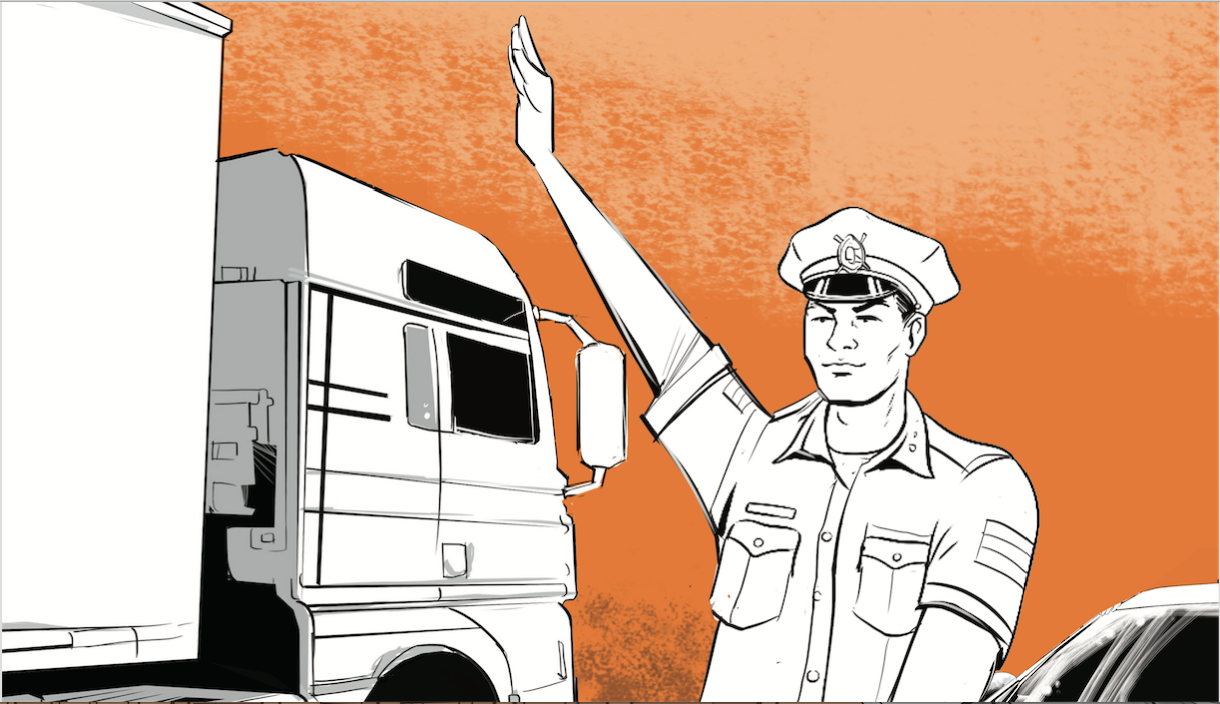

Families and leaders in Kisumu on Saturday laid to rest 22 of the 26 victims of last week’s bus crash near the Coptic roundabout. The funeral was a solemn reminder of the heavy toll of road accidents in Kenya and a call for urgent change.
The World Health Organization identifies three main determinants of road traffic crashes: poor road design, driver error and unsafe vehicle conditions. Studies in Kenya have consistently pointed to speeding, defective roads and unroadworthy vehicles as leading causes of accidents. These are not new findings, but what is missing is firm action.
The government must take responsibility for safer road infrastructure. Dangerous blackspots such as the Coptic roundabout and the Nithi Bridge should be redesigned to reduce risk. Roads must have clear signage and well-planned pedestrian crossings. Vehicle inspection must also be rigorous and free from corruption. Allowing unfit vehicles onto our roads because of bribery or negligence is reckless and costs lives.
Yet responsibility does not rest with government alone. Every driver must obey speed limits, maintain their vehicles in good condition, and respect traffic rules. Pedestrians must also play their part by using footpaths, zebra crossings and overpasses where available.
Public education is equally vital. Continuous awareness campaigns can reinforce safe road habits and remind Kenyans that recklessness endangers not only their own lives but also those of innocent passengers and pedestrians. A culture of responsibility must be nurtured alongside improved infrastructure.
Quote of the day: “To live is to choose. But to choose well, you must know who you are and what you stand for, where you want to go and why you want to get there.” —Ghanaian diplomat and seventh secretary general of the UN Kofi Annan died on August 18, 2018












